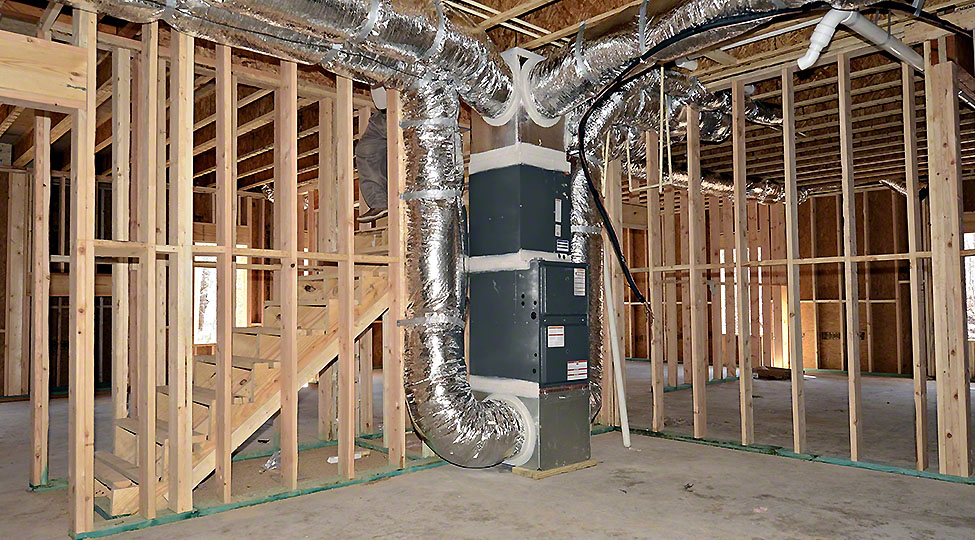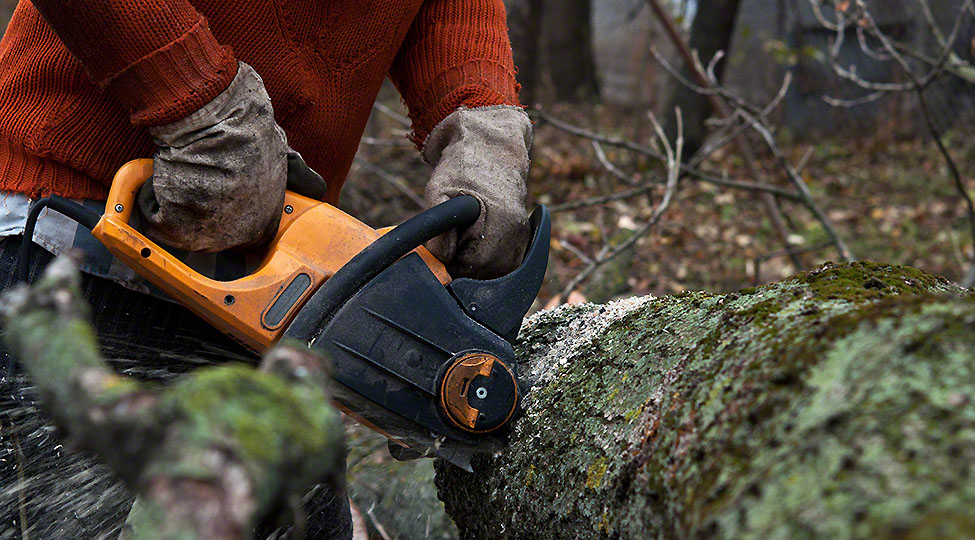People often ask themselves if closing the vents helps with reducing the energy bills and conserving heat. With time, this myth has been busted. The fact is that closing the air vents actually hurts your furnace and you may need furnace repair more often. It actually leads to an increase in your energy bills. Therefore, we are going to explain why you should close your furnace vents and what you should do instead.
How Does Your Furnace Blower Work?
As you close the air vents, it forces your blower furnace motor to work harder. As a result, it uses more power and leads to an increase in energy bills. The furnace senses that the desired temperature is not being achieved, which leads to the unit working itself out.
Primarily, your furnace’s blower system is designed to pull the existing air inside the home into your furnace and then push the heated air through the vents into your home. Plus, the blower system works under a specific amount of pressure existing inside the ductwork.
If you were to close the vents, the pressure inside the ductwork increases. This is important for you to understand how your furnace blower works.
How Closing Vents Damages Your Furnace?
Now that we have discussed how a furnace blower works, let’s take a deeper look at how closing the vents can damage the furnace as well. Keeping the vents closed for prolonged periods can lead to expensive furnace damage. However, the extent and type of the damage will depend on your furnace blower type.
For instance, if you happen to own an older furnace, it might be that closing the air vents impedes the performance of the blower, making it run slow. Ultimately, it can permanently damage your heat exchanger.
The reason is that older furnaces have blower motors that work at only two speeds i.e. either on or off. Therefore, if these motors work against extra pressure, the blower will run at a slower pace. With this, the motors will not be able to pull a sufficient amount of cool air over the heat exchanger, which will eventually crack and overheat.
However, if you have a newer, more energy efficient furnace and you were to close your vents, the blower will utilize relatively more energy than usual, which will decrease the overall lifespan of the furnace.
The reason is that these newer furnaces come with ECM motors that work according to the output that is needed. This means that these motors will function at variable speeds. Therefore, when the motors are put against extra pressure, they will increase the speed to make up for it.
However, if the motors continue to run at a high speed, they will undergo excessive strain, leading to potential burnout.
Other Consequences Of Closing Vents
Closing the air vents will not only damage the furnace but will also lead to several other consequences. For instance, the ECM motor will continuously run at higher speeds to compensate for the added pressure in the duct system. This means the longer the motor runs, the higher the energy bills.
If your furnace has a PSC motor, the blower will run slow against the additional pressure, which will not produce any warm air, putting you and your family members in an uncomfortable position. And finally, there is an increased risk of duct leakage. Since the ducts are already dealing with excessive pressure, the leakages will lead to higher heating bills and wasted energy.
The Solution?
The simplest solution to prevent and avoid expensive repairs and replacements is to keep the vents open. This also includes the small rooms you do not use. There is basically no logic behind closing the vents for saving up energy. Leaving the vents open will keep the pressure normal as well as prevent the furnace from overburdening itself.
However, if keeping the vents open does not solve the issues, you might have some other problems with your furnace that might need attention. It might be that your furnace has gotten old and simply needs to be replaced.
Final Word
about keeping the air vents open. Plus, make sure that you are not burdening your furnace and keep it maintained by technicians from HVAC companies Falls Church to avoid problems down the road.



